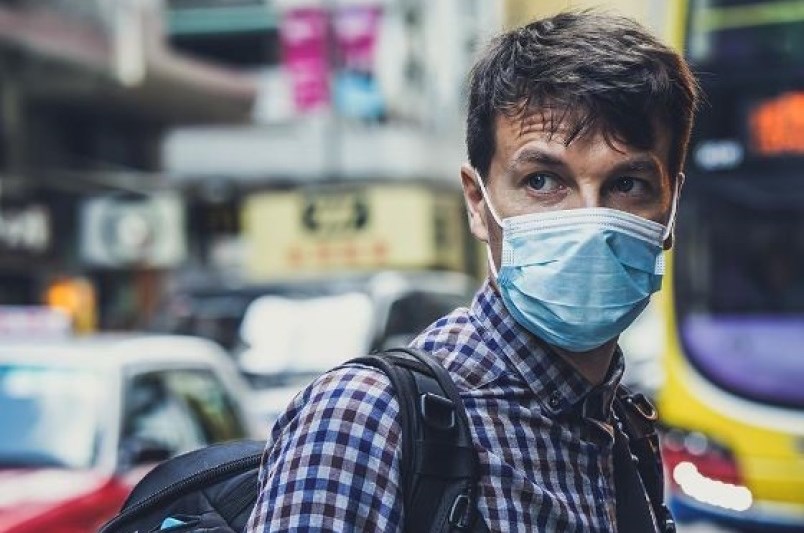It’s time for tough love in British Columbia.
From the onset of the pandemic, Provincial Health Officer Dr. Bonnie Henry and B.C. Health Minister Adrian Dix have been the “cool parents” as far as public health officials go in Canada.
The province’s public health strategy has been one of encouragement over enforcement.
Aside from temporary shut-down orders for restaurants, fitness studios, and banquet halls, Dr. Henry achieved widespread public adherence to suggested social distancing guidelines without having to impose many fixed rules.
This approach tapped into the psychology of group dynamics. More importantly, it seemed to work; transmission numbers were low. The province not only flattened the COVID-19 curve in April but also crushed it in May.
By mid-August, B.C.’s COVID-19 infections spiked to 100 new cases per day. The province now reports 500-600 new cases daily, on pace to 1,000 cases per day.
The proliferation of cases in Metro Vancouver — especially in the Fraser Valley — may warrant new lockdowns, but the province should also consider the low-hanging fruit.
Scott Lear, professor at Simon Fraser University’s Health Sciences department, notes, “Vancouver and Surrey and the surrounding municipalities are the only major cities in Canada that don’t have a mask mandate.”
In fact, mask mandates cover 80% of Canadians.
Dr. Henry and Minister Dix resist the idea, continuing to favour encouragement over enforcement. But perhaps they should change course on masks while they continue to enjoy high levels of public trust.
Masks help to reduce the spread of COVID-19 by trapping droplets that are released when the wearer talks, coughs, or sneezes. Multilayer cloth masks, if worn properly, filter up to 90% of droplets.
However, mask-wearing requires a critical mass of adoption to slow down the spread of COVID-19. Masks are a collective necessity, like obeying traffic lights: The public is much safer if virtually everyone adheres to the rules.
There is also evidence from the Centers of Disease Control and Prevention in the United States that masks protect the wearer by reducing the amount of infectious droplets inhaled. In this sense, mask-wearing is also an individual safety measure, like wearing a seat belt.
Even when not wholly enforceable, mandates can result in increased mask use, as mask use went from 40% to 92% on public transit in the Lower Mainland after Translink implemented its mandatory mask policy in August. Deputy Provincial Health Officer Dr. Réka Gustafson even acknowledged that Translink’s mask mandate has prevented public transit from being a major source of COVID-19 transmission.
To be clear, masks are most effective in combination with social distancing.
Masks have worked in South Korea, Japan, and Taiwan. Even the City of Richmond, which made mask-wearing mandatory in all city buildings, boasts amongst the lowest per capita number of COVID-19 cases in Metro Vancouver in part due to cultural demographics that adopted masks early.
Of course, masks are not a panacea.
However, if COVID-19 cases continue to skyrocket in Metro Vancouver, B.C.’s public health “mom and dad” will eventually need to take a stricter approach.
They should start with masks now.
Mo Amir is the host of This is VANCOLOUR, a politics and culture podcast available on Apple Podcasts, Spotify, Google Podcasts, and www.thisisvancolour.com



